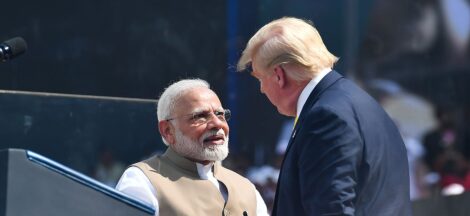Solicitor General Tushar Mehta asserted before the Supreme Court on Tuesday that waqf is inherently a secular concept, emphasising that the Waqf Act, 2025, does not impinge upon any essential religious practices of Muslims. This declaration was part of a comprehensive 145-page submission defending the constitutional validity of the amended legislation.
The government’s stance is that the Act pertains solely to the regulation of waqf properties and does not interfere with religious aspects. Mehta highlighted that waqf, by definition, involves the dedication of property for charitable purposes, a practice that is secular in nature. He further argued that the amendments aim to enhance transparency and accountability in the management of waqf assets, which have been subject to misuse and misappropriation in the past.
However, the petitioners challenging the Act contend that the amendments infringe upon the rights of the Muslim community to manage their religious endowments. Senior advocate Kapil Sibal, representing the petitioners, argued that the inclusion of non-Muslims in waqf boards undermines the religious autonomy of these institutions. He also raised concerns about the removal of the ‘waqf by user’ provision, which recognised properties as waqf based on long-term religious use, even without formal documentation.
The Supreme Court bench, led by Chief Justice B.R. Gavai, acknowledged the complexity of the issues at hand. The court noted that while the legislature has the authority to enact laws, any infringement on fundamental rights must be scrutinised. The bench also expressed reservations about the practicality of requiring centuries-old waqf properties to produce registration documents, considering that many such properties were established long before formal land registration systems existed.
In response to the petitioners’ concerns, the government assured the court that no appointments of non-Muslims to waqf boards would be made until the matter is resolved. Additionally, the government stated that properties recognised as waqf by user would not be de-notified or have their status altered during the pendency of the case.
The court has scheduled the next hearing for May 5, 2025, and has directed the government to file its response within seven days. The outcome of this case could have significant implications for the management of waqf properties and the balance between state regulation and religious autonomy in India.
The Waqf Act, 2025, has sparked widespread debate and protests across the country. Critics argue that the law is an attempt to centralise control over waqf properties and diminish the role of the Muslim community in managing their religious endowments. Supporters of the Act, on the other hand, contend that the amendments are necessary to prevent the misuse of waqf assets and ensure their proper administration.




 Israel plans to target Iran nuclear facilities
Israel plans to target Iran nuclear facilities 